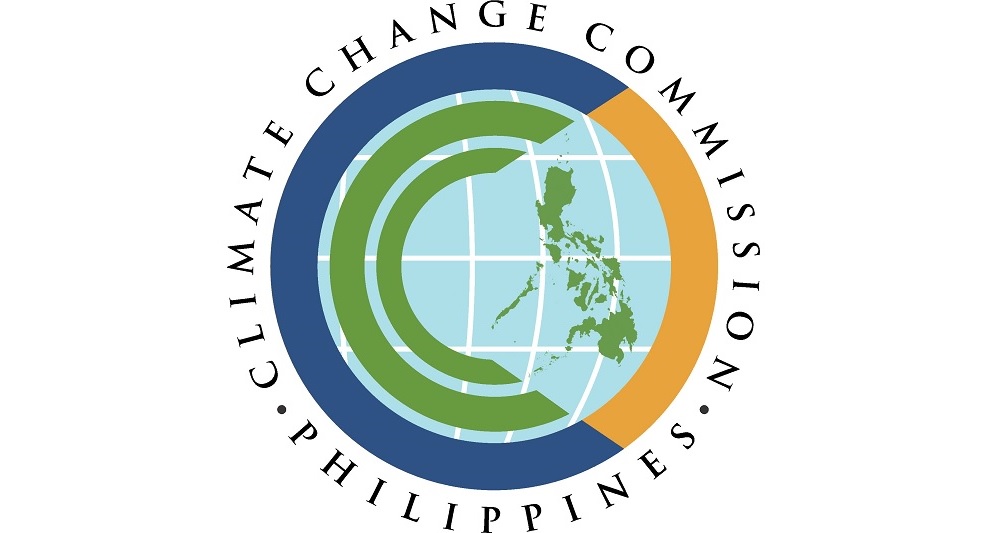

The Philippine National Climate Change Action Plan (NCCAP) for 2011-2028 affirms the role of technology in the context of climate change, echoing the aspirational imperatives of the Technology Framework and the Technology Mechanism espoused under the Paris Agreement and the United Nations Framework Convention on Climate Change (UNFCCC), respectively.
As articulated in the NCCAP, technology can either contribute to the increasing concentration of greenhouse gases (GHG) in the atmosphere, or help the country pursue a low-carbon development pathway. As such, it is essential to identify climate technologies and maximize their potential as tools in addressing climate change.
In the Philippines, data shows that the projected GHG emissions will be dominated by the energy and transport sectors due to the expected population and economic growth in the country. Effective mitigation entails early and vigorous actions to curb these emissions. The Climate Change Commission (CCC), as the lead policy-making body of the Government of the Republic of the Philippines on climate change, has determined that it is an opportune time to assess and prioritize the technological needs of the country to pursue climate change mitigation.
By taking into account the country’s National Communication Reports submitted to the UNFCCC, and the Strategic Framework and Action Plan on Climate Change, three major economic sectors were identified as the priority for climate change mitigation: energy, transport, and waste sectors.
As a means to reduce GHG emissions from these sectors, various climate change mitigation technologies were identified and prioritized through a consultative process led by the CCC.